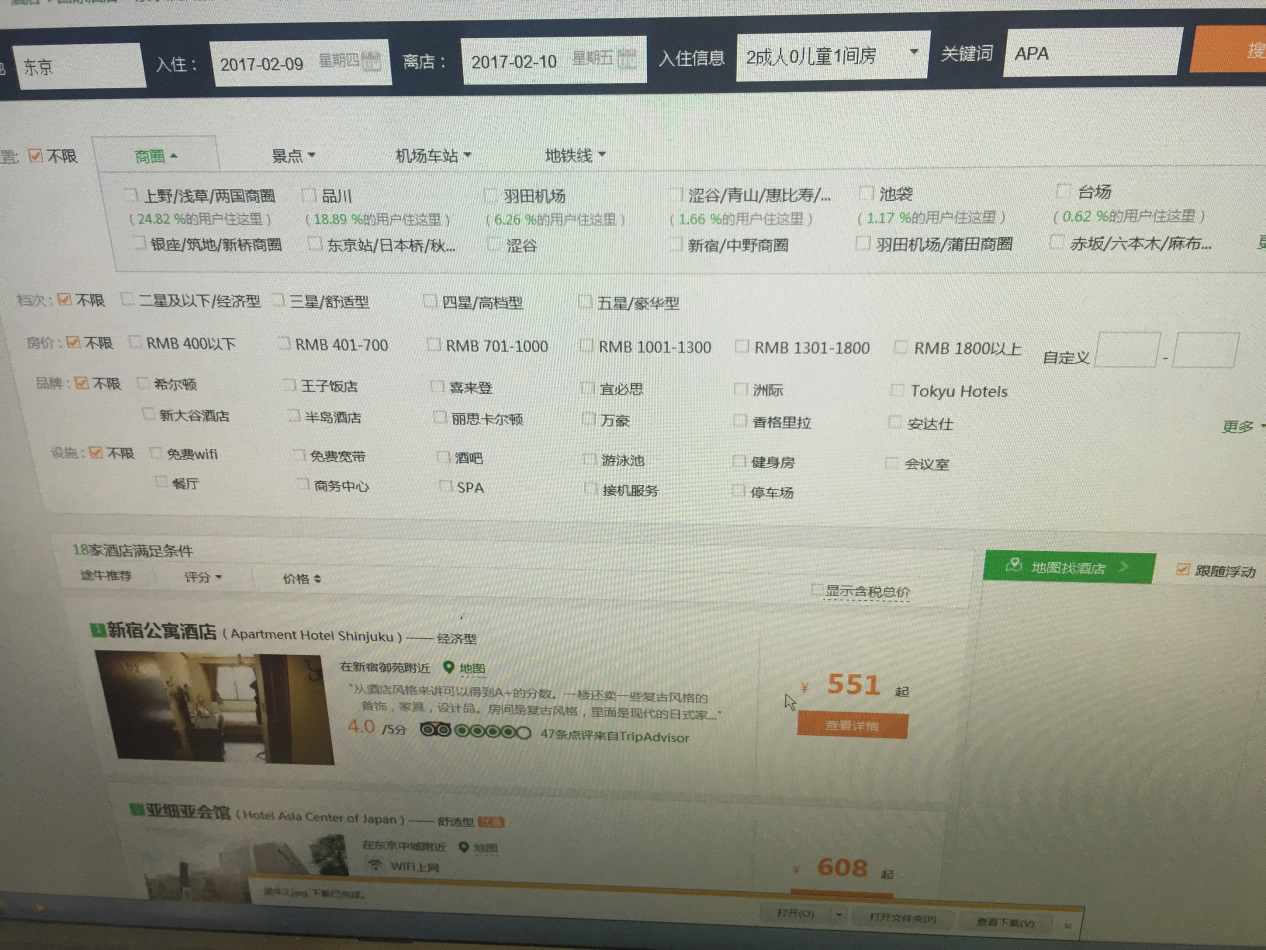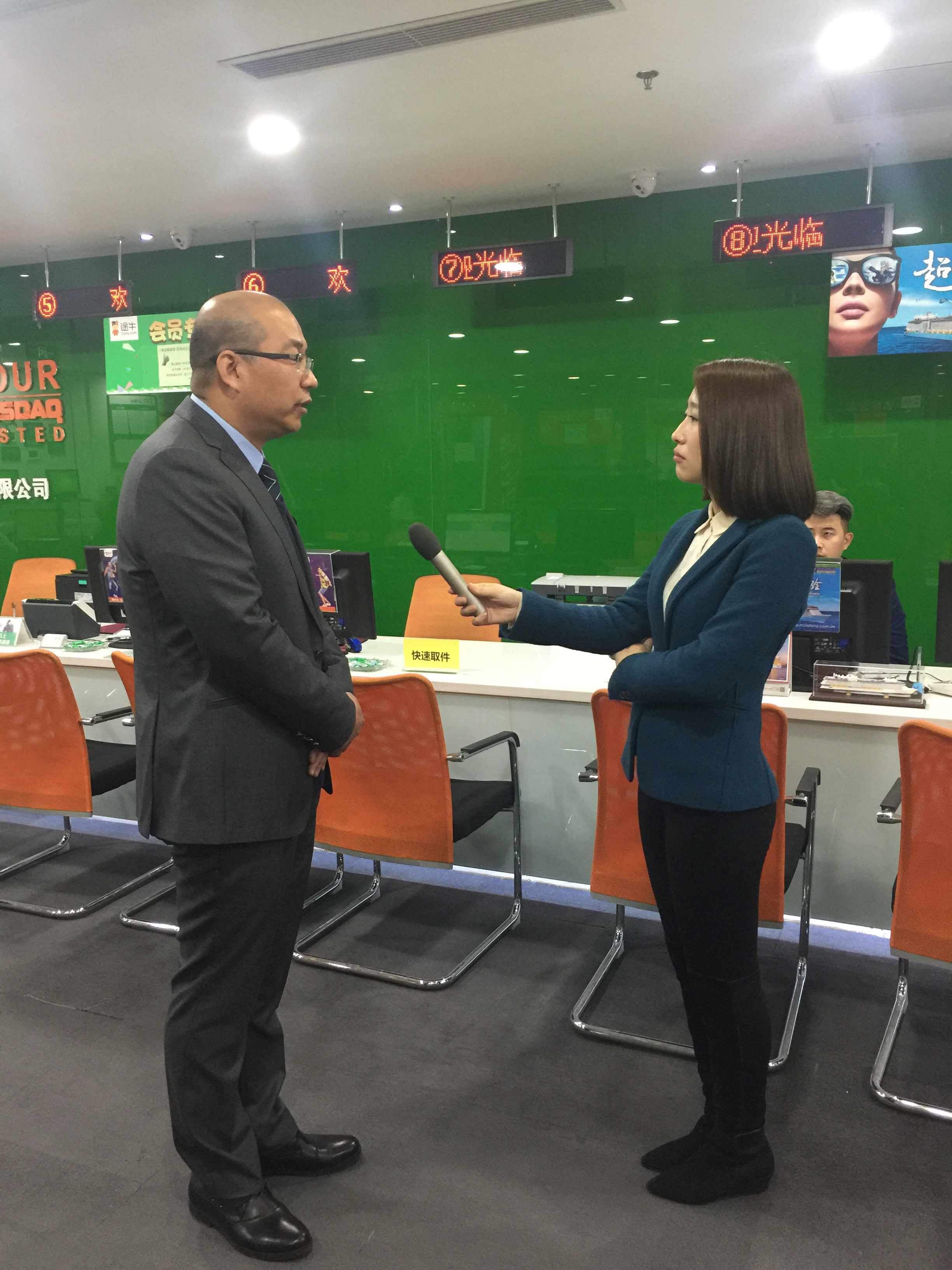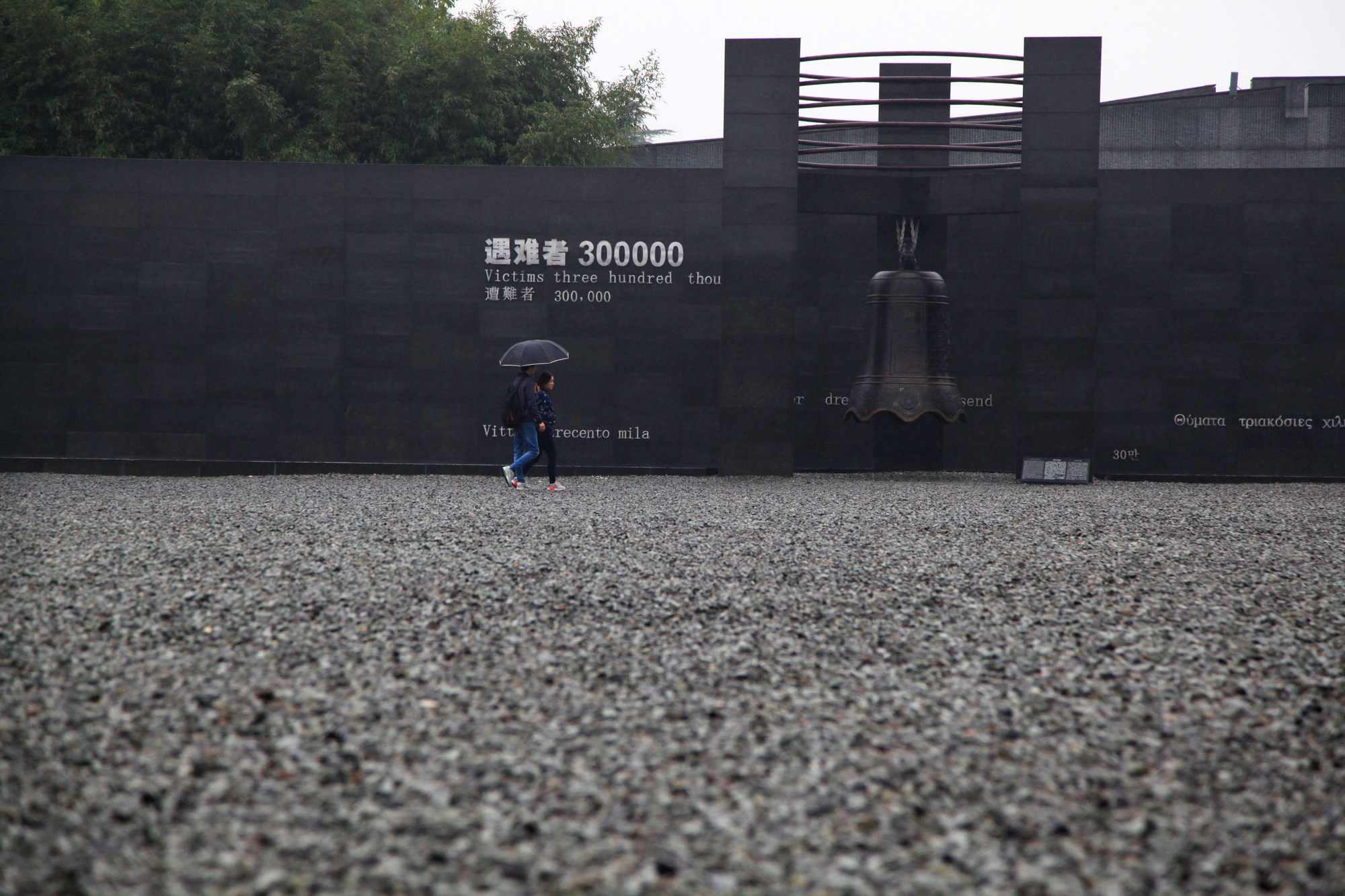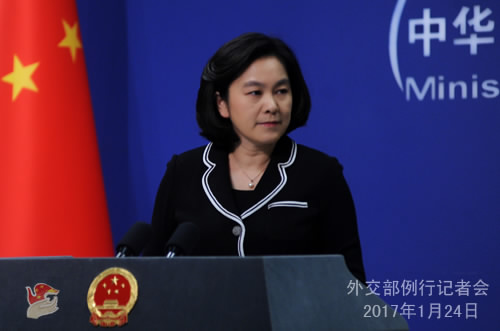As of the time this report was published, Japan's major business hotel chain, APA Group, has pledged to remove right-wing books in its rooms, which has sparked public anger, the organizer of the Olympic Council of Asia's 8th Asian Winter Games in Sapporo told Xinhua.
By CGTN’s Wu Guoxiu
China's tourism administration has urged its tour operators to cut ties with a Japanese hotel chain after it refused to withdraw books denying the 1937 Nanjing Massacre from its rooms. But some agencies have already done just that, ahead of governmental calls of boycott.
On the popular online travel service provider Tuniu, APA hotels have been removed from its list of accommodations.

APA removed from the list of accommodation on Tuniu.com, a popular online travel service provider in China./CGTN Photo
The removal actually started over a week ago. "On January 16th, we noticed this news on social media, and considering the hurt feelings of the Chinese people, we removed over 400 APA hotels from our booking list that very day. We offered many other options, including the upgrade of hotels for customers during Spring Festival. We'll pay the extra costs for that," Qi Chunguang, executive vice-president of the company’s north China Division told CGTN. He says over 1,400 people had booked their accommodation with APA hotels. The company will hand out around 200,000 yuan in extra hotel fees, Over 2,000 more people within their tour groups were also arranged to stay in other hotels.

Interview with Qi Chunguang, executive vice-president of north China Division, Tuniu.com, on their cutting business of APA hotels./CGTN Photo
But it's not just one company doing this. The state-owned China Youth Travel Service also stopped doing business with APA. Chief brand officer of its official website aoyou.com, Xu Xiaolei, says, “Our cooperation with APA takes up less than five percent of our business. We're still influenced because we had to explain to our customers about this. But so far, all tourists fully supported our decision."
For tour operators in China, boycotting APA hotels is not only about just following the government's lead, it's also an expression of anger stemming from the denial of Japan's war crime. The Japanese APA hotel chain came under fire for placing books in its guest rooms denying the 1937 Nanjing Massacre -- in which 300-thousand Chinese people were killed by Japanese troops during this period. The books also denied the forced recruitment of sex slaves.

The Memorial Hall of the Victims in Nanjing Massacre by Japanese Invaders in Nanjing, Jiangsu Province. /CFP Photo
The China National Tourism Administration on Tuesday called for all international tour operators and online platforms to completely halt cooperation with the hotel chain. "We are firmly opposed to the APA Group's 'provocation' of Chinese tourists. We call on Chinese groups and the many tourists that visit Japan to resist APA's wrong approach and avoid spending money at this hotel", says Zhang Lizhong, spokesman of the National Tourism Administration.
The Foreign Ministry also responded in a press conference on Tuesday. Its spokeswomen Hua Chunying says China would like friendly exchanges with Japan. But it will absolutely not tolerate public provocations that distort history and offend the Chinese people. Anyone who does this must pay the price. “As for the statement by the mayor of Nagoya, the Nanjing Massacre is a historical fact and there has long been an international consensus on this. He should fulfill his promise to the Chinese people,” she added.

Hua Chunying at Tuesday's press conference./ China's Foreign Ministry Photo
Speaking at a press conference in Japan on Monday, mayor of Nagoya Takashi Kawa-mura denied the existence of the Nanjing Massacre. He said that if the Nanjing Massacre had taken place, he would kneel down and apologize to the Chinese people.
The Chinese mainland is the biggest source of tourists for the country. Figures from Japan indicate Chinese tourists made 6.37 million trips to Japan in 2016, a 28 percent growth year on year.









